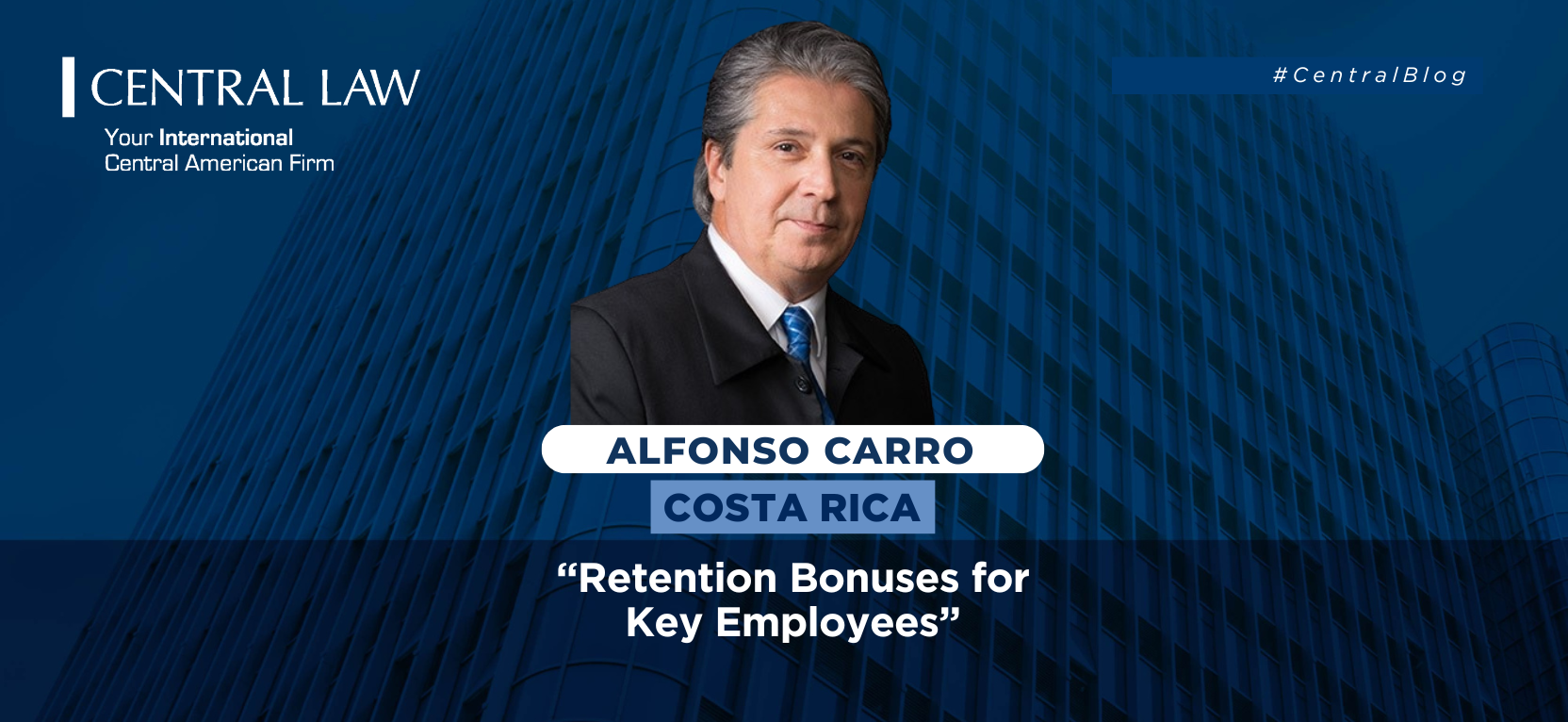Retention bonuses, also known as “stay bonuses” or “ERBs,” are utilized in Costa Rica as an incentive to retain key personnel, typically during times of change (such as mergers and acquisitions) or in highly competitive situations (where there is a scarcity of qualified personnel in the market). They also serve as a recognition of the value certain employees bring to the organization.
While there is no specific regulation under local law, these bonuses fall within the spirit of Articles 162 to 176 of the Labor Code. The doctrinal development of bonuses and gratuities has generally been addressed by labor courts (see Votes No. 112-2022; No. 838-2014; No. 408-2002 from the Second Chamber of the Supreme Court), though not specifically regarding the wage nature of retention bonuses.
As a general rule, implementing a retention bonus is perfectly valid in Costa Rica; local law sets minimum standards, but it is at the employer’s discretion to grant additional benefits to their employees. However, care must be taken to ensure that such bonuses do not set a mandatory precedent for the employer, and that providing the bonus to certain employees—rather than all—does not result in discrimination. Finally, it must be determined whether the bonus should be considered part of the salary, with all the associated consequences (social security contributions, taxes, vacation pay, thirteenth-month salary, and final settlement).
We can rule out the risk of it becoming a binding precedent for the company, provided it is a unilateral decision by the employer and there is an objective criterion for selecting the employee to be retained (such as their specialty, experience, or “know-how”).
For the same reason, the retention bonus cannot be classified as discriminatory, as it will not apply to all employees, but only to those chosen based on the aforementioned criteria.
In Costa Rica, the retention bonus does carry a salary connotation, even if it is paid as a one-time payment, since the employee expects the bonus upon fulfilling their obligation to remain with the company for the stipulated period.
Thus, our recommendation is to implement the retention bonus with the following contractual conditions:
1) It is a one-time payment, tailored to the specific characteristics of the individual receiving it.
2) It will not be paid proportionally; if the employee does not meet the time frame, no payment will be made.
3) It will not be paid if the employee is terminated for just cause before the end of the time frame
4) It will not be paid if the contract is terminated by mutual agreement
5) The payment of the retention bonus will be considered salary for all legal purposes
6) It can be stipulated in the contract that there is no obligation for the employer to retain the employee for the stipulated period; in this case, a proportional payment may apply
7) The retention bonus will be paid at the end of the period; if paid in advance and the employee resigns or passes away before the end, the amount will be deducted from their final settlement of labor rights
Alfonso Carro
Associate
Costa Rica




